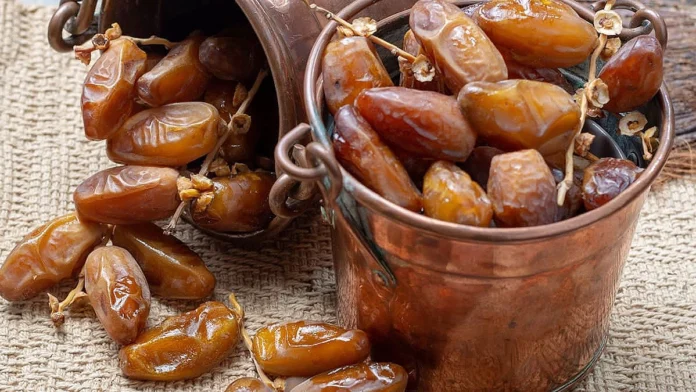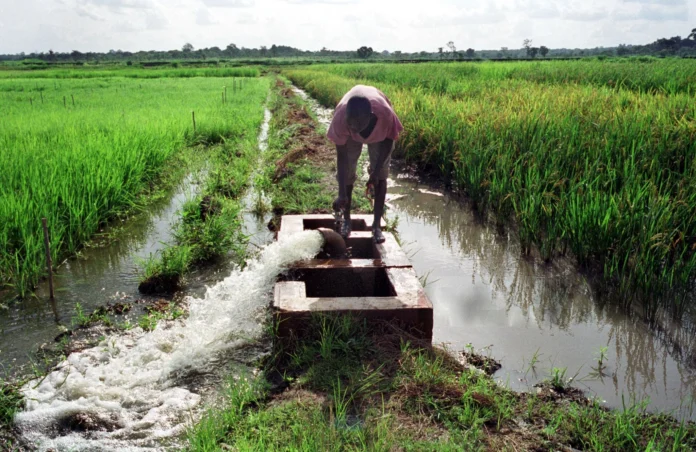Tunis, Tunisia – The International Olive Council predicts Tunisia will become the world’s third-largest olive oil producer in 2024-2025, with an expected output of 340,000 tons. But beyond the oil itself, Tunisia is discovering that every part of the olive holds value—even its waste.
For generations, rural Tunisian households have burned olive residues for cooking and heating or repurposed them as animal feed. Yet the vast waste generated by olive oil extraction remains a challenge. Yassine Khelifi, an engineer raised in a farming family, founded Bioheat in 2022 to tackle this issue.
“How can we turn something worthless into wealth?” Khelifi asked, recounting his inspiration. He recalled watching workers at olive mills use leftover pulp as fuel. “I always wondered how this material burned so long without extinguishing,” he said. “That’s when I thought: Why not turn it into energy?”
From Waste to Warmth
Beyond profit, Khelifi hopes his startup will help “reduce firewood use in a country battling deforestation and climate change,” as he told AFP in a report republished by ETV Bharat. At his workshop, employees load trucks with olive waste, compacting it into cylindrical briquettes that dry for a month in the sun and greenhouses before packaging.
Khelifi began developing his idea in 2018 after scouring Europe for machinery to transform olive pulp into long-lasting fuel. Unable to find suitable technology, he returned to Tunisia and spent four years experimenting with engines and mechanical parts. By 2021, he had engineered a machine producing briquettes with just 8% moisture—far drier than firewood, which often retains over double that amount. This innovation slashes carbon emissions and burns more efficiently.
A Market at Home and Abroad
Bioheat’s briquettes now serve Tunisian restaurants, guesthouses, and schools in underdeveloped regions where winter temperatures drop below freezing. But 60% of production is exported to France and Canada, Khelifi says. The company employs 10 people and aims to produce 600 tons by 2025.
One guesthouse manager praised the briquettes for cutting heating costs by a third. “It’s eco-friendly, affordable, and easy to use,” he said. A Tunis suburb pizzeria owner added that the cleaner burn reduced smoke emissions, easing neighbor complaints. “Plus, these briquettes carry the soul of Tunisian olives—they even give our pizza a unique flavor,” he joked.
Waste as a National Opportunity
With Tunisia producing roughly 600,000 tons of olive waste annually, experts see both an environmental hazard and an economic lifeline. Noureddine Nasr, an agricultural development specialist, argues that repurposing this biomass could “protect the environment, create jobs, and generate wealth.”
The shift could also reduce Tunisia’s heavy reliance on imported fuel, which accounts for over 60% of its energy needs, worsening trade deficits and straining public subsidies, per a 2023 World Bank report. Winter shortages of gas and fuel—particularly in the northwest—leave households struggling to stay warm. Olive waste could offer a sustainable alternative.
Challenges and Ambitions
Yet launching a green startup in Tunisia remains fraught with hurdles. “Funding was the biggest obstacle,” Khelifi admitted, criticizing high-interest bank loans. “It felt like driving on a pothole-riddled road.” Still, he remains determined to leave his mark as “a key player in Tunisia’s clean energy transition—and, hopefully, the world’s.”
As olive oil production climbs, Tunisia’s olive waste revolution may prove that sustainability and innovation can grow from even the humblest beginnings.












